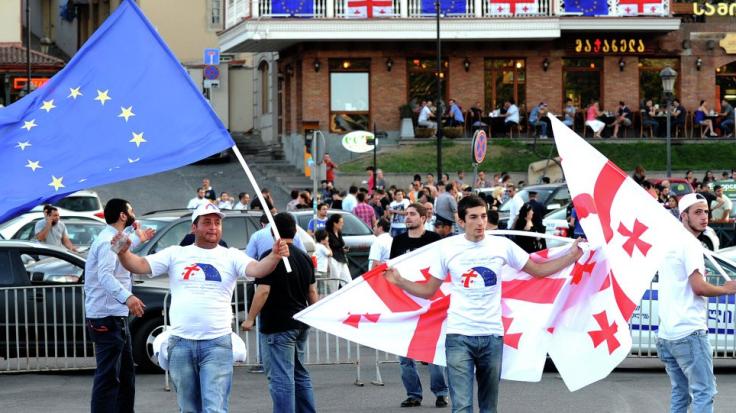EU Parliament committee backs visa-free regime for Georgia

The European Parliament’s civil liberties committee voted with a great majority in favour of the visa liberalisation for Georgia to the EU’s Schengen zone member states.
Despite promises to soon allow Georgians and Ukrainians to travel to the EU without visas, the bloc has put a brake on easing travel rules as it has grown increasingly weary of immigration.
Today’s vote paves the way for a final vote in the EU Parliament next month. Before the visa-free regime enters into force the final translations and approval of the visa-suspension mechanism by both the European Parliament and EU member states must happen.
Georgians might be able travel to the Schengen zone with only a passport as early as in April or May.
Top EU officials publicly say both Georgia and Ukraine have met all the conditions for visa liberalization. They say it is only a matter of EU states agreeing internally on an emergency suspension mechanism for all visa waivers that is lacking.
But in the member states scenes, the tone is the opposite, with Germany, France, Belgium and Italy stalling.
The suspension mechanism would allow for the lifting of visa regimes with all third countries, including Georgia and Ukraine, under certain circumstances once it is in place.
For Ukraine, negotiations between the council and the parliament on visa liberalization can take place only after the suspension mechanism is adopted.
But diplomats expect both the talks and subsequent votes to proceed rapidly and predict Ukraine could see visa liberalization roughly one month after Georgia.
Berlin and Paris face elections this year and want to avoid fuelling support for radical and populist parties that are already riding a wave of concern about immigration in the bloc.
While Georgia is seen as a relatively easy case, Ukraine is much bigger and EU states are increasingly upset with what they see as insufficient progress on reforms in Kiev, especially on fighting corruption.
That means these deals are effectively off the table for now, even though the EU recognizes both countries have formally met the necessary criteria.
Some diplomats warn that delays undercut the EU’s influence in the region, as well as leaving pro-Western groups in Georgia and Ukraine increasingly frustrated.
